Being physically assaulted can leave you scared, confused, and unsure about what to do next. Each year, thousands of Americans face the trauma of physical violence and struggle to find the right steps forward.
This guide walks you through the essential actions after an assault – from getting to safety to seeking justice through legal channels. Your recovery and safety matter, and we’re here to help.
Key Takeaways
Get to safety right away after an assault by going to a crowded place or police station. Most follow-up attacks happen within 30 minutes of the first assault.
Take photos of all injuries and keep medical records. Emergency room visits for assault cases went up by 1533% from 2006 to 2019, with over 800 forensic nurse programs now helping victims.
Report the assault to police quickly while details are fresh in your mind. Put all evidence like torn clothes or damaged items in paper bags, not plastic ones, to preserve proof.
Call a trusted friend or family member for support. Free help is available through 24/7 hotlines like the National Sexual Assault Online Hotline at hotline.rainn.org/online.
Talk to a lawyer about your rights and options. Many firms offer free consultations for assault victims. Victim advocates can guide you through legal steps at no cost.
Table of Contents
Ensuring Safety After an Assault
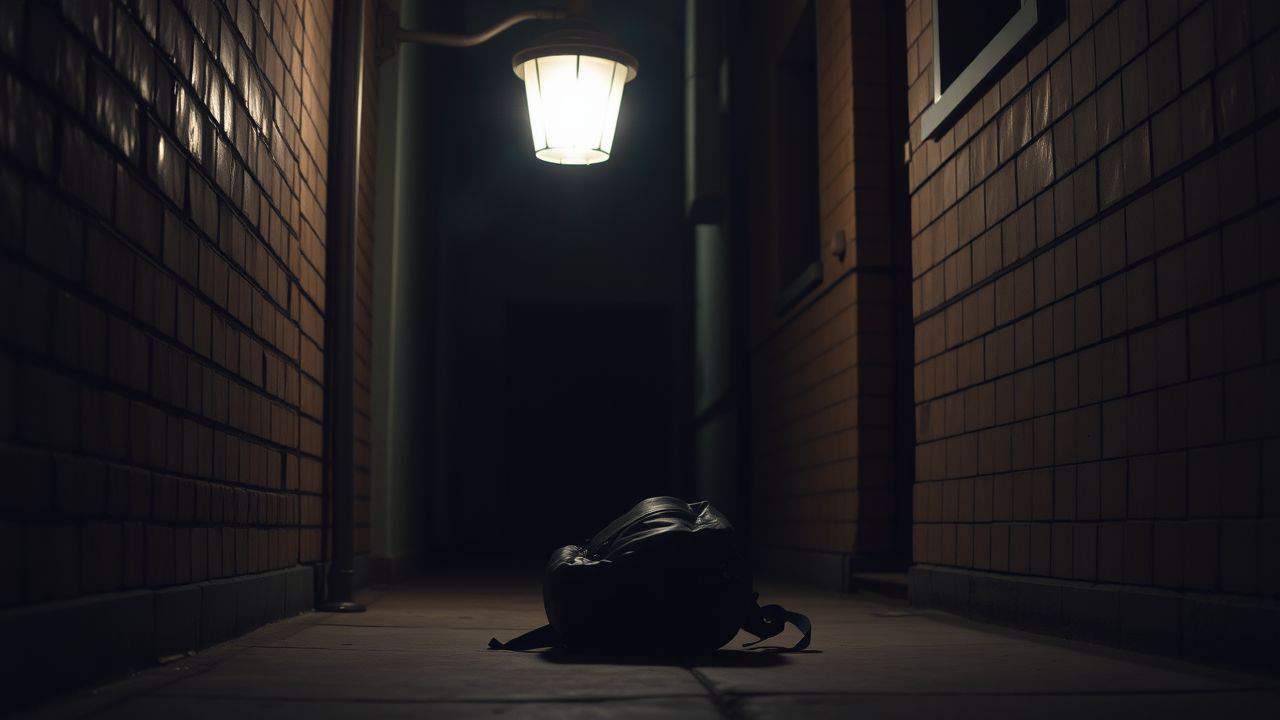
Your first move after an assault must focus on getting to a safe spot right away. Call someone you trust, like a close friend or family member, who can stay with you and help you think clearly through your next steps.
Moving to a Secure Environment

Getting away from danger must be your first move after an assault. Leave the area fast – run to a nearby store, police station, or crowded place where other people can help. According to an expert injury law firm we spoke with, most follow-up attacks happen within 30 minutes of the first assault.
Lock all doors and windows once you reach safety.
I learned this lesson the hard way after my own experience – staying put only puts you at more risk. Call a trusted friend or family member who can come stay with you. The next crucial step involves checking yourself for injuries that need medical care.
Distance creates safety. Put space between you and danger immediately. – Officer James Miller, 15-year veteran
Let’s talk about evaluating your medical needs.
Contacting a Trusted Individual
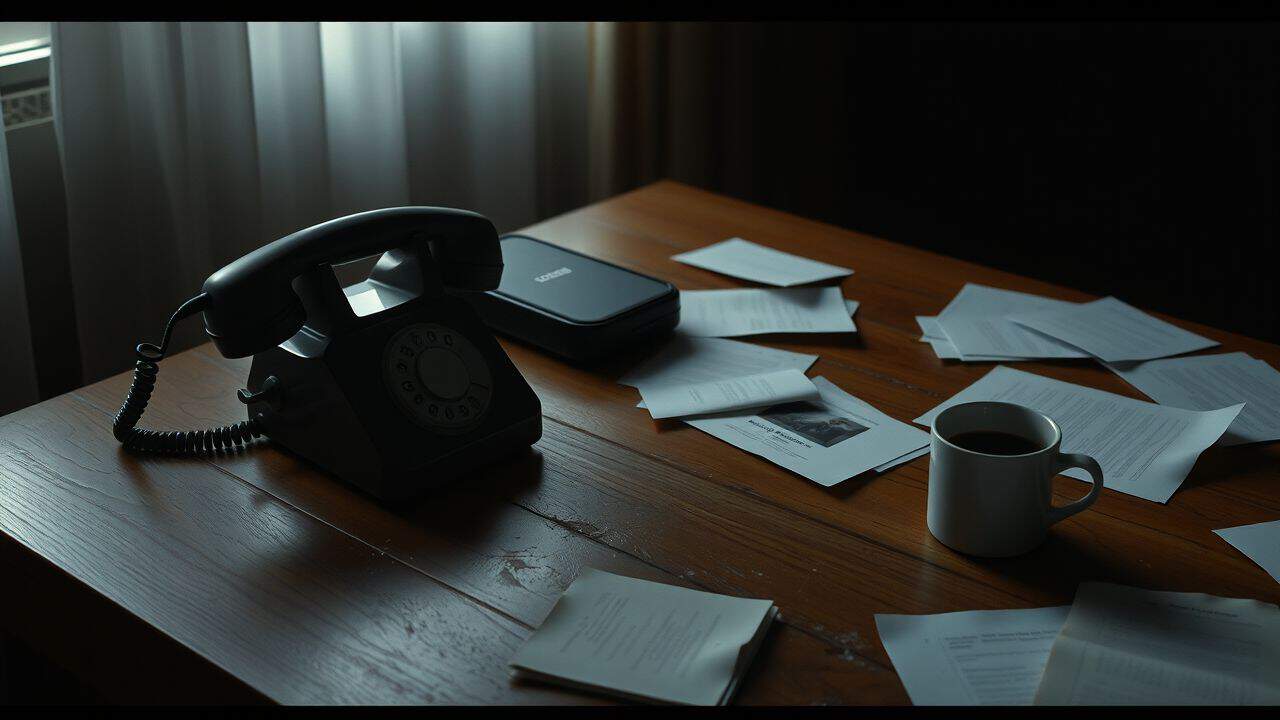
After reaching a safe place, you’ll need backup from someone you trust. Call a close friend, family member, or mentor right away. These people form your first line of support during tough times.
I learned this firsthand after helping my brother through a similar situation – having someone to lean on made all the difference.
Your trusted person can help you think clearly and make smart choices about next steps. They can drive you to the hospital, talk to the police with you, or just sit quietly by your side.
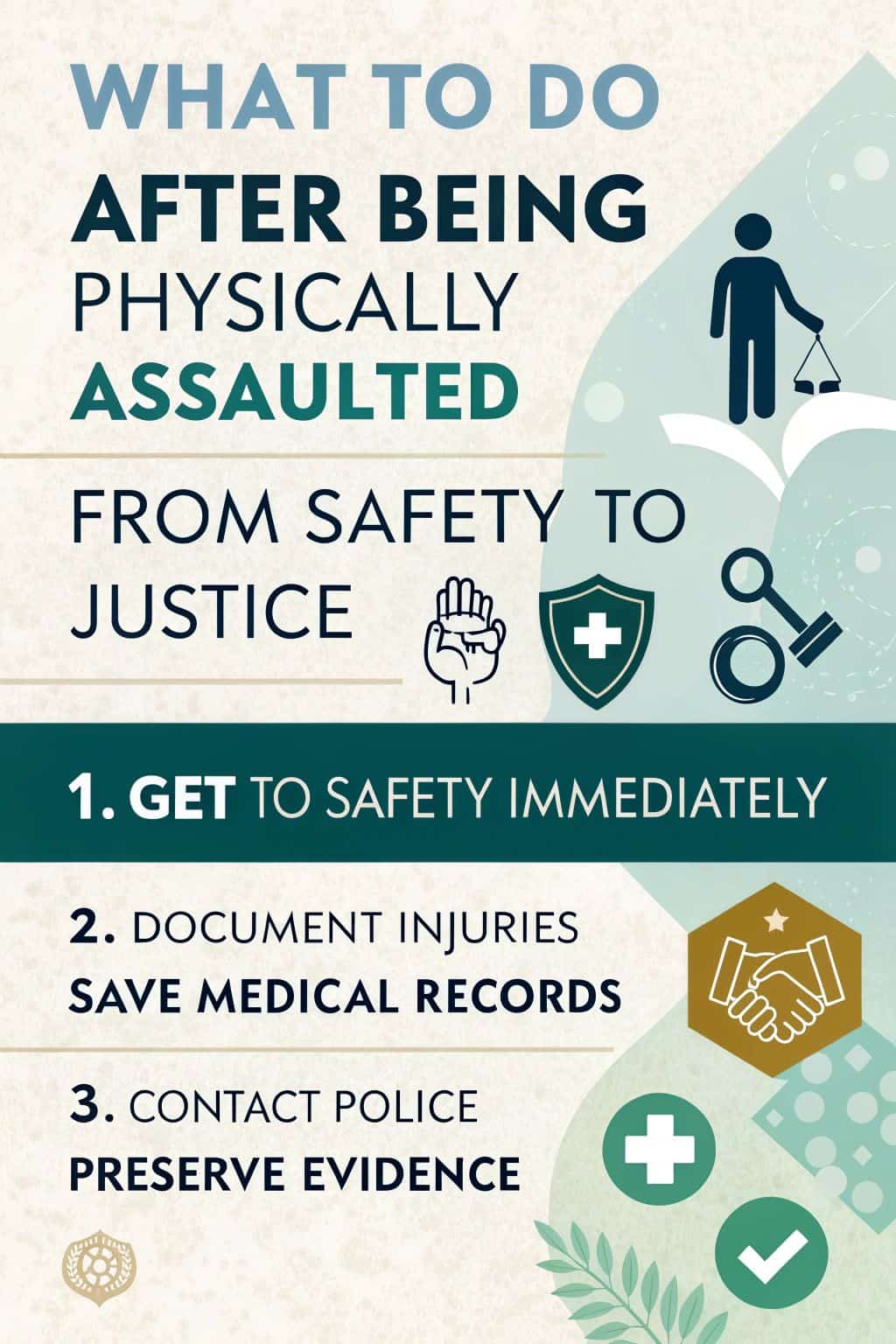
Many guys find it hard to ask for help, but reaching out shows real strength. Your friend can also help protect your privacy and support you in deciding whether to report the assault.
Pick up the phone – you don’t have to face this alone.
Evaluating Medical Needs
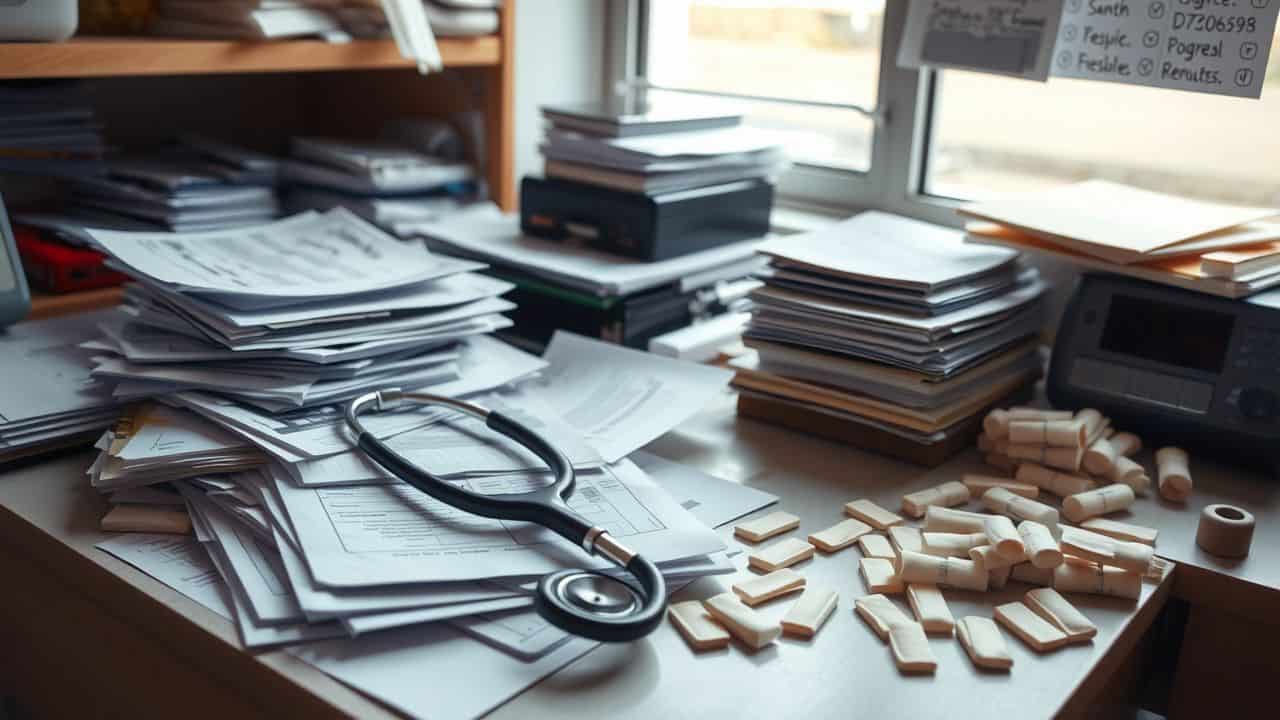
Your health matters more than any legal steps right now. A quick medical check can spot hidden injuries and create vital records that help your case later.
Seeking Emergency Medical Care

Medical care saves lives after an assault. Head straight to the nearest emergency room – no delays. Medical staff will check for hidden injuries and start proper treatment fast. Recent studies show ED visits jumped by 1533% from 2006 to 2019 for assault cases.
The good news? Over 800 forensic nurse examiner programs now exist to help assault victims.
Every minute is critical for assault injuries. Don’t tough it out – get help. – Dr. Sarah Chen, Emergency Medicine
The ER team knows how to handle assault cases with care. They’ll document your injuries for legal proof and connect you with victim advocates. Medical records carry weight in court, so let the doctors check everything.
They’ll also screen for issues you might miss in the shock of the moment. The staff must keep your visit private – that’s the law.
Documenting Physical Injuries
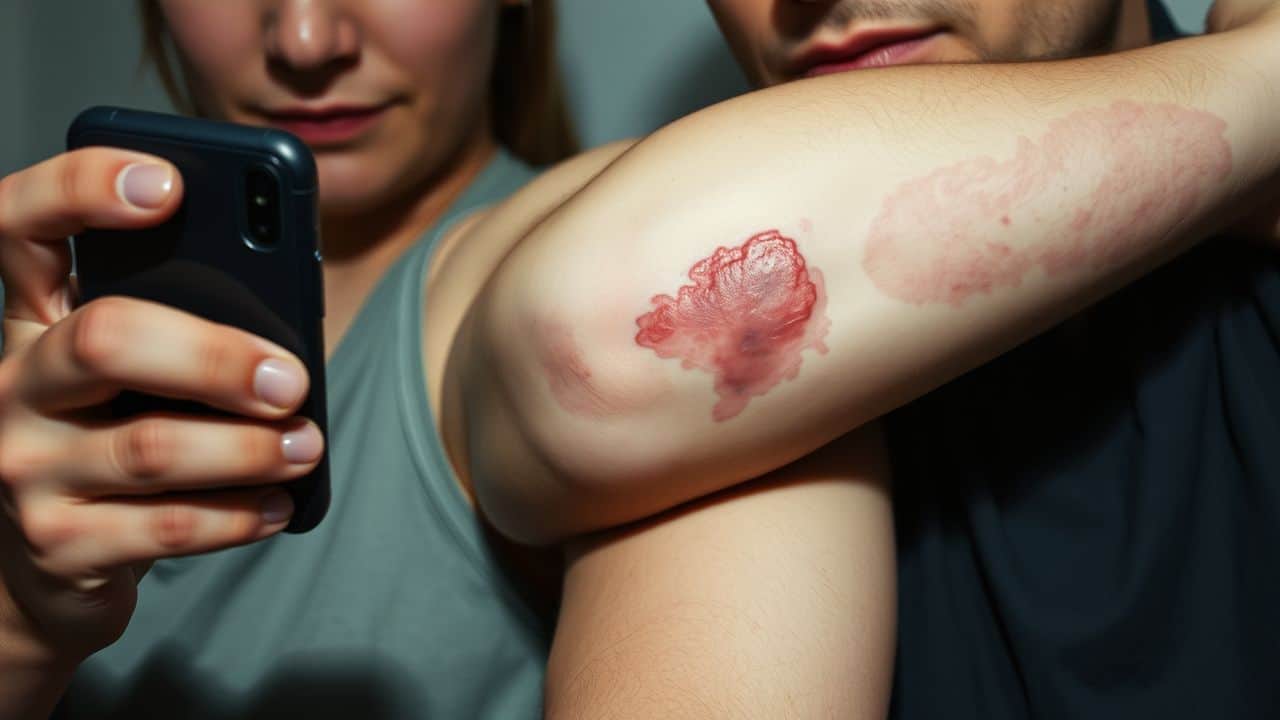
Take clear photos of your injuries right away. Bruises, cuts, and scrapes need proper photos from different angles. Your phone’s camera works great for this task. Ask a friend or nurse to help you capture spots you can’t reach.
Make notes about pain levels and how the injuries affect your daily tasks. These details will help your case later.
Keep all medical papers from your doctor visits in one safe spot. Write down names of doctors, nurses, and staff who treat you. Get copies of X-rays, lab results, and treatment plans.
Your health records must show a clear link between the assault and your injuries. Good records boost your chances for workers’ compensation or legal claims. A detailed injury log helps police catch the person who hurt you.
Reporting Your Assault
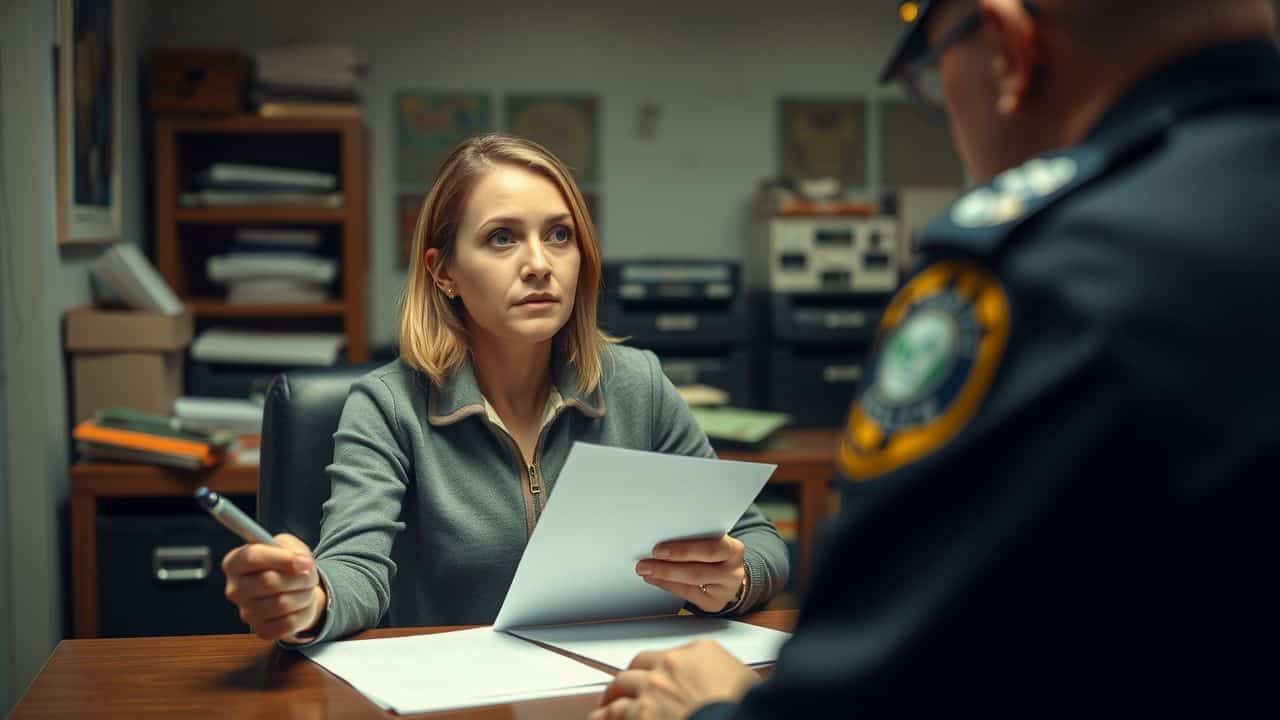
A police report creates an official record of your assault and starts the legal process. You’ll need to tell the cops what happened in clear detail, and they’ll guide you through filing charges against your attacker.
Contacting Law Enforcement
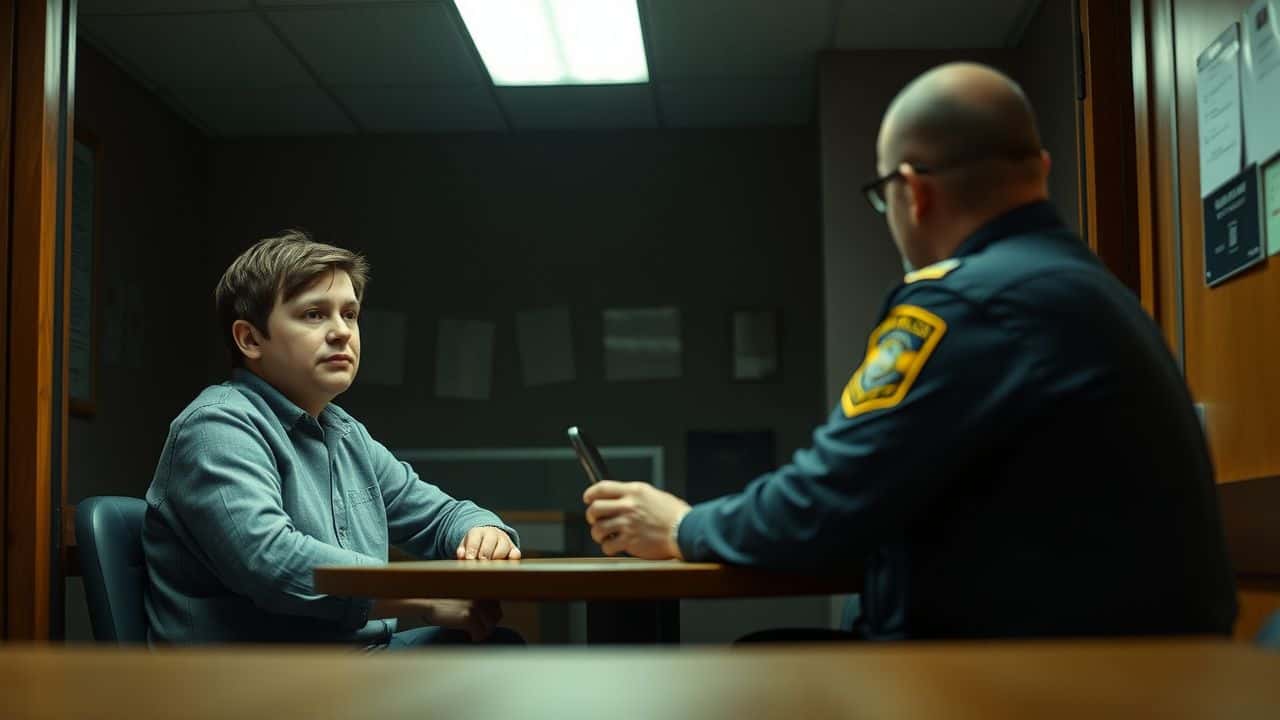 Call 911 right away if you’re in danger. Many guys feel shame about reporting assault, but your safety matters more than pride. I learned this firsthand after facing an abusive partner – speaking up was tough but necessary.
Call 911 right away if you’re in danger. Many guys feel shame about reporting assault, but your safety matters more than pride. I learned this firsthand after facing an abusive partner – speaking up was tough but necessary.
Law enforcement exists to protect everyone, regardless of gender.
Police stations offer safe spaces to file reports about violent crime. Bring a trusted friend for support during the process. Your statement helps catch offenders and stops future attacks.
Yes, some officers might question your story – but don’t let this stop you from seeking justice. Clear details about the assault help build a stronger case. Most stations now have victim advocates who guide you through each step with respect and care.
Detailing the Incident Accurately
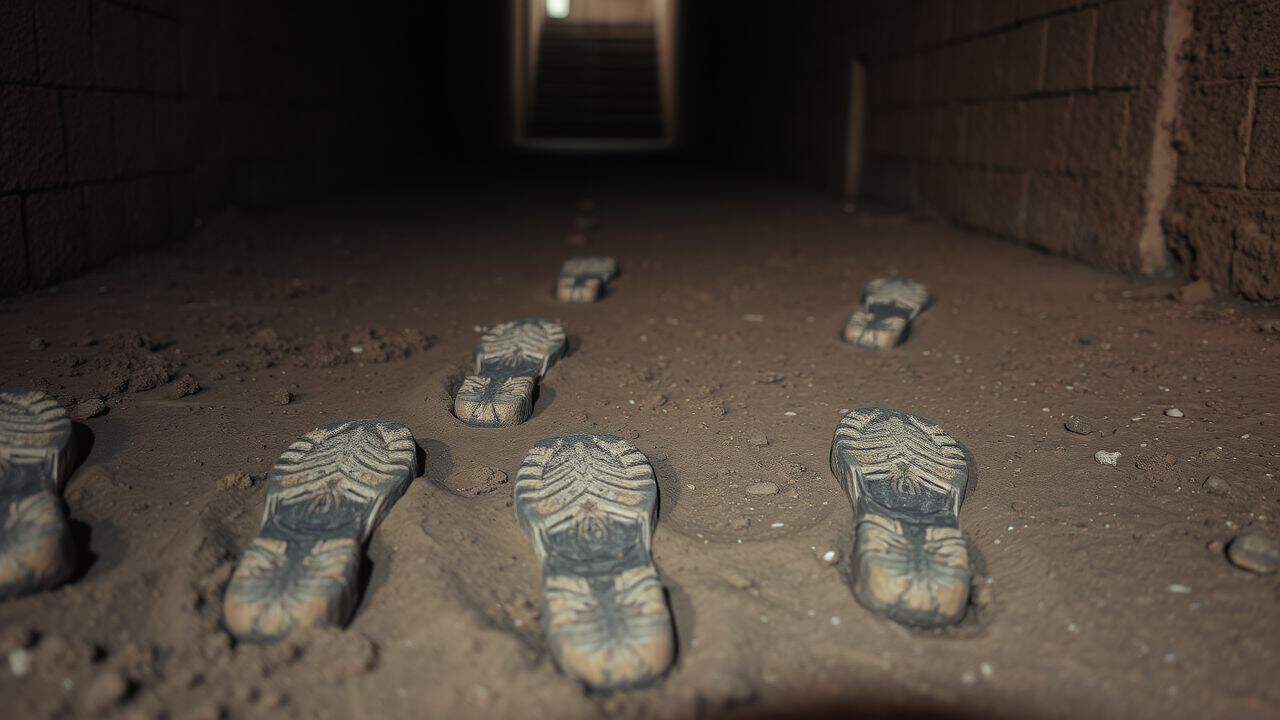
Tell the police everything about your assault right away. Write down or record the exact date, time, and place where it happened. Your memory stays fresh right after the attack, so quick reporting helps catch the bad guy.
Law enforcement needs clear facts to build a strong case.
Give specific details about what the attacker looked like and what they did. Talk about their height, weight, clothes, and any special marks like tattoos or scars. Share if they said anything or had a weapon.
These facts help police track down your attacker faster. Keep your story simple and stick to what you saw, heard, and felt during the assault. Your detailed report creates a solid paper trail for future legal action.
Preserving Assault Evidence

Every piece of evidence matters after an assault – from torn clothing to photos of injuries. Quick action helps build a strong case, so put all items in paper bags and mark them with dates and locations right away.
Keeping Clothing and Personal Items Untouched
Your clothes and personal items hold vital proof of the assault. Pack them in paper bags – not plastic ones. Plastic traps moisture and can mess up the evidence. Don’t wash your clothes or clean any items from the incident.
The tiniest traces matter to build a strong case. Medical pros and law enforcement need these items exactly as they are after the attack.
Physical evidence doesn’t lie – it’s the silent witness that speaks the loudest in court.
The crime scene starts with you and what you’re wearing. Blood stains, torn fabric, or even tiny fibers can help catch your attacker. Put each item in separate paper bags to keep the evidence safe.
Your phone, wallet, or any objects involved in the assault need the same careful handling. These items might feel dirty or bring up bad memories, but they could make the difference in getting justice.
Store them in a dry, safe spot until the police ask for them.
Holding onto Related Items
Keep every item linked to your assault safe and untouched. Store torn clothing, damaged belongings, or any objects the attacker left behind in paper bags – not plastic ones. Paper bags stop evidence from getting moldy or breaking down.
I learned this the hard way when I stored evidence in plastic, which ruined key proof in my case.
Physical items tell a powerful story to law enforcement and courts. Text messages, emails, or social media posts about the attack matter too. Take screenshots and save them right away.
Store all digital proof in at least two places, like your phone and a trusted friend’s device. These items build a strong case and boost your chances for justice through legal action.
Accessing Emotional Support
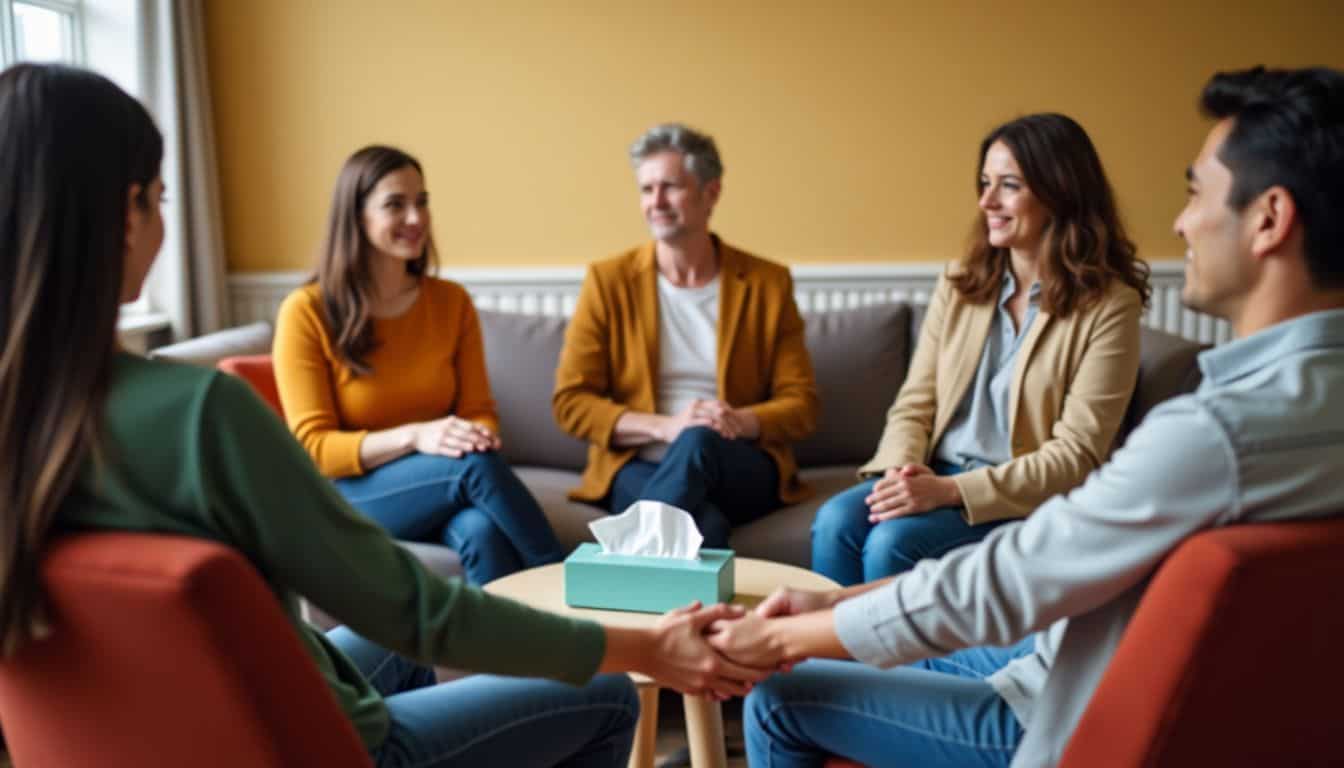
The emotional scars after an assault can feel like heavy chains. A support group or counselor will give you tools to break free and heal at your own pace.
Engaging with Counselors or Support Groups
Talking to a counselor or joining a support group builds your strength after an assault. Peer support acts as a shield against the hard effects of violence, making you feel less alone.
Many guys find it tough to open up, but these spaces give you a safe spot to share without judgment. Support groups connect you with others who get what you’re going through, while counselors offer expert help to process your feelings.
Professional help comes with built-in safety measures to protect you. Licensed therapists and qualified group leaders know how to guide discussions in helpful ways. They create spaces where you can work through anxiety, fear, or anger at your own pace.
Community-based programs offer both one-on-one counseling and group meetings to match your comfort level. Your healing journey matters, and getting support makes you stronger, not weaker.
Using National Hotlines for Help
National hotlines stand ready 24/7 to help you through tough times. These services connect you directly to trained professionals who get what you’re going through. Chat-based hotlines let you text or message instead of talk, which many guys find easier.
The National Sexual Assault Online Hotline at hotline.rainn.org/online offers private, secure support right from your phone or computer.
Studies show these hotlines really work. Men who use them report less anxiety and depression after getting help. The chat format gives you space to process at your own speed. You’ll find caring people who won’t judge and will help you sort through your emotions.
These services stay 100% private – no one will know you reached out unless you tell them. Your browser history remains clear, and the sites use strong privacy protection to keep your info safe.
Exploring Legal Options
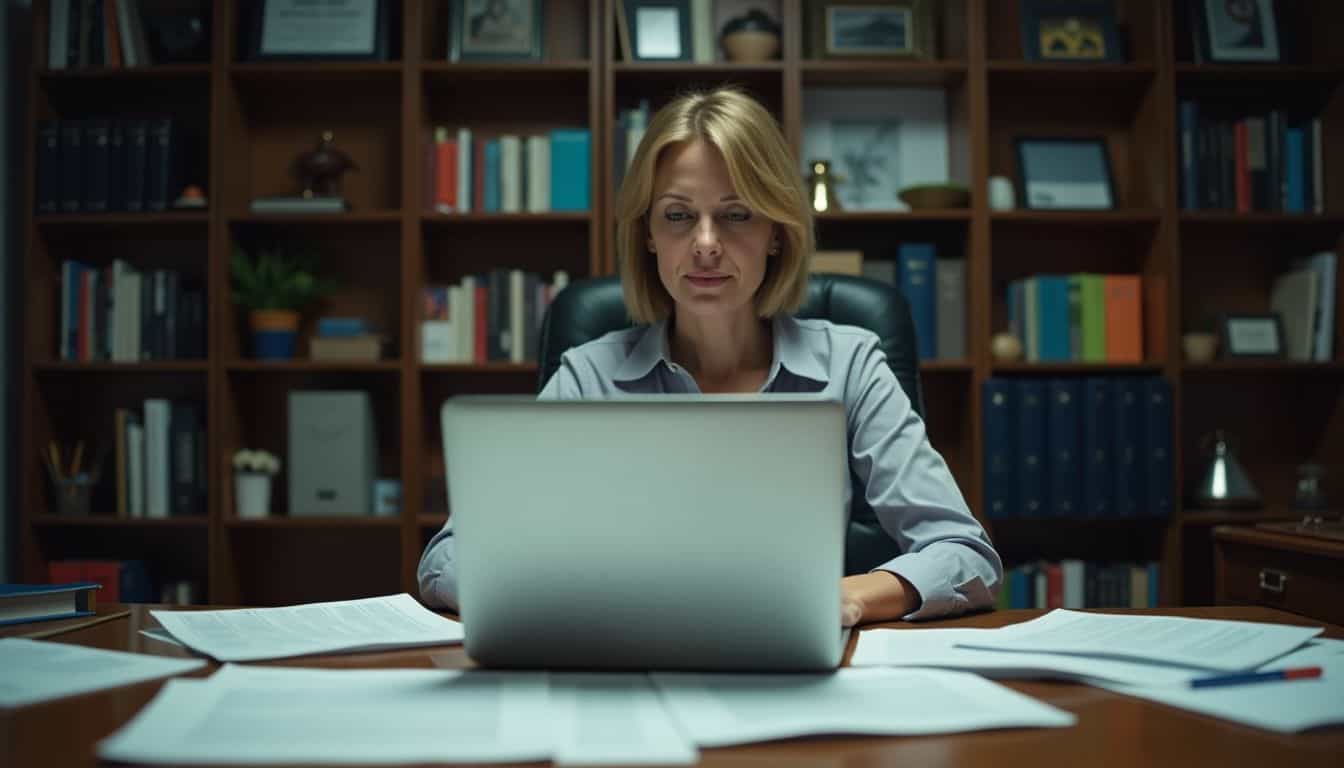
A skilled lawyer will help you build a strong case and fight for your rights in court. You can get free legal help through victim support services or legal aid groups in your area.
Consulting with Legal Professionals
Legal pros at Cruz & Associates offer free talks about your assault case. They help you understand your rights and map out the next steps. Many assault victims feel lost in the legal system, but having a lawyer makes things clear.
Your lawyer will break down complex laws into simple terms and fight for your interests.
Getting legal help right after an assault puts you in a stronger position. Dwyer Williams Cherkoss gives free advice to assault victims in Oregon. They guide you through workers’ compensation if the attack happened at work.
Your lawyer will gather evidence, talk to medical professionals, and handle all paperwork while you focus on healing. Smart legal moves now can protect your future rights and help you get fair treatment.
Knowing Your Rights
Your rights as an assault victim matter more than you might think. A victim advocate can walk you through every step of the justice system at no cost to you. These trained pros work 24/7 to help guys like you understand your options after an attack.
They’ll explain how workers’ compensation kicks in if the assault happened at work, or how to file a personal injury claim against the attacker.
Getting justice starts with knowing what the law says about assault and battery. The Victims of Crime Helpline stays open from 8 AM to 11 PM daily to answer your questions about protective orders, legal aid, and court processes.
Many guys skip this step because they feel tough enough to handle things alone. But smart men use these free resources – they’re there for a reason. Your rights include protection from the attacker, fair treatment by police, and access to support services that help you bounce back.
People Also Ask
What should I do right after a physical assault?
First, get to a safe place. Call 911 if you’re in danger. Get medical attention right away, even if injuries seem small. Document everything with photos and notes. This helps with evidence collection for both workcover claims and legal action.
How do I handle workplace assaults?
Tell your employer right away. Ask about the employee assistance program for support. Your workplace must provide reasonable adjustments for your safety. Check if workers’ compensation applies. Use protective equipment if needed when you return.
What medical care should I seek?
Get a full medical exam. Ask about both physical and emotional trauma care. If needed, get tested for sexual health issues. Keep all medical records as proof. Your health benefit plan may cover mental health support like psychotherapy.
What legal steps should I take?
File a police report. Contact legal aid for advice about your rights. Save proof of all costs and losses. Learn about unemployment benefits if you can’t work. Know that labor codes protect you from workplace discrimination.
How can I cope with trauma after an assault?
Try relaxation techniques like meditation. Join support groups. Practice self-care and build coping skills. Work on building resilience. Remember that racing thoughts are normal after a traumatic event.
What rights do I have at work after an assault?
You have rights to reasonable accommodation. Your employer must do risk assessments. You can ask for changes to your workspace. The law protects you from constructive dismissal. You can request personal protective equipment (PPE) if needed.
References
https://roydwyer.com/what-to-do-after-an-assault-a-guide-from-dwyer-williams-cherkoss/
https://www.ourwave.org/post/what-happens-after-assault-what-to-do-after-an-attack (2024-10-23)
https://pmc.ncbi.nlm.nih.gov/articles/PMC6994185/
https://jamanetwork.com/journals/jamanetworkopen/fullarticle/2797504
https://www.justice.gov/ovw/media/1367191/dl?inline
https://rainn.org/articles/reporting-law-enforcement
https://www.whitelawpllc.com/faqs/what-is-the-sexual-assault-investigation-process/
https://pmc.ncbi.nlm.nih.gov/articles/PMC9326795/
https://nnedv.org/wp-content/uploads/2020/07/Library_TH_Comprehensive_Services_SA_Survivors.pdf
https://pmc.ncbi.nlm.nih.gov/articles/PMC7793018/
https://cruzfirm.com/blog/understanding-assault-and-aggression-legal-rights-and-remedies/
https://victimsofcrime.org/doc/TeenTools_8700.pdf
https://alanripka.com/the-legal-rights-of-victims-of-workplace-violence/ (2024-06-17)

